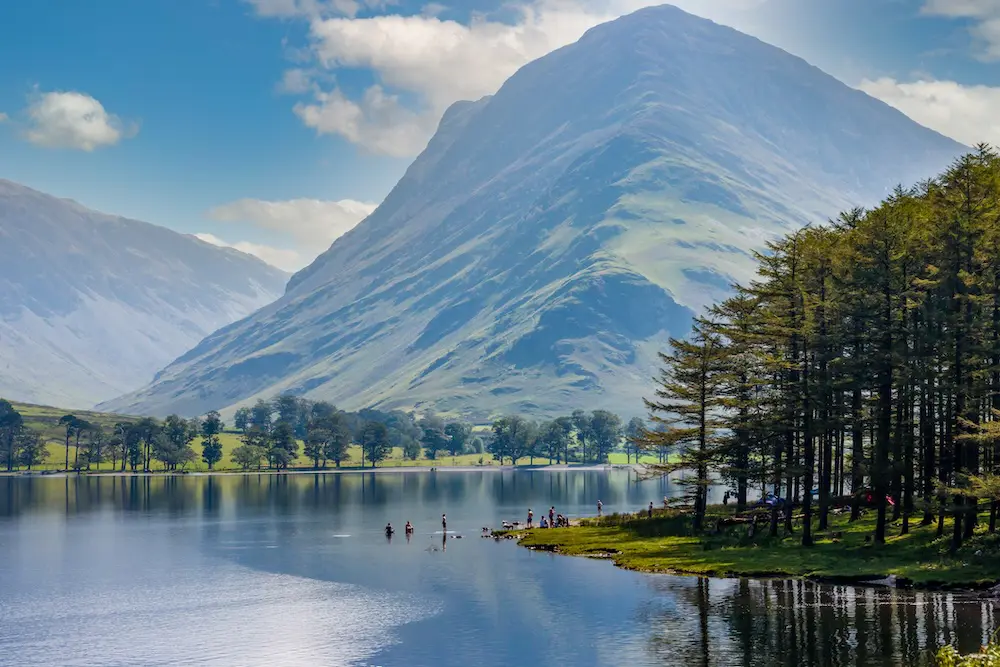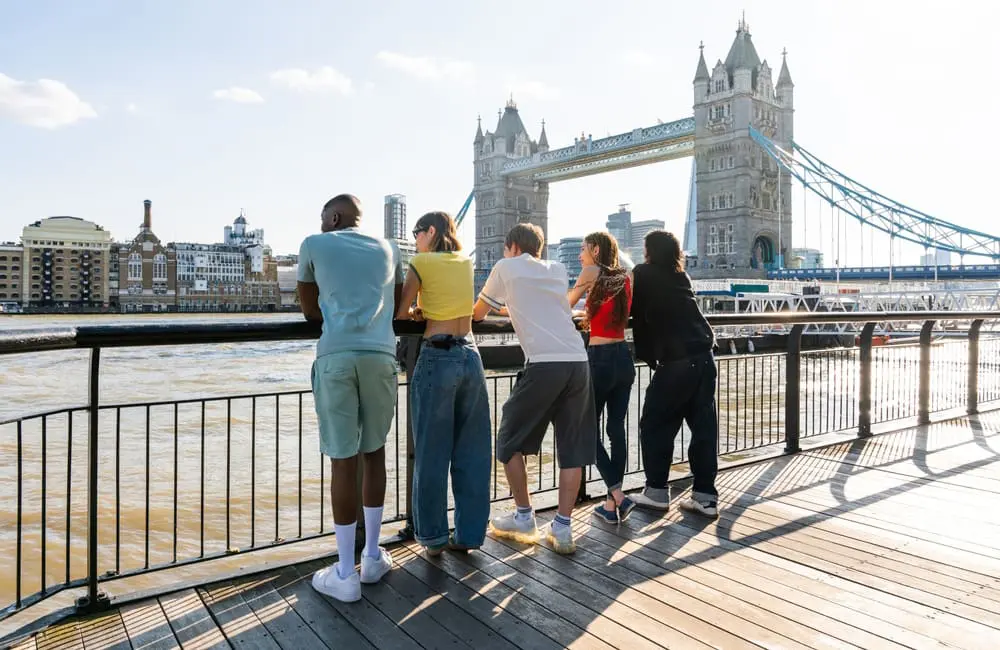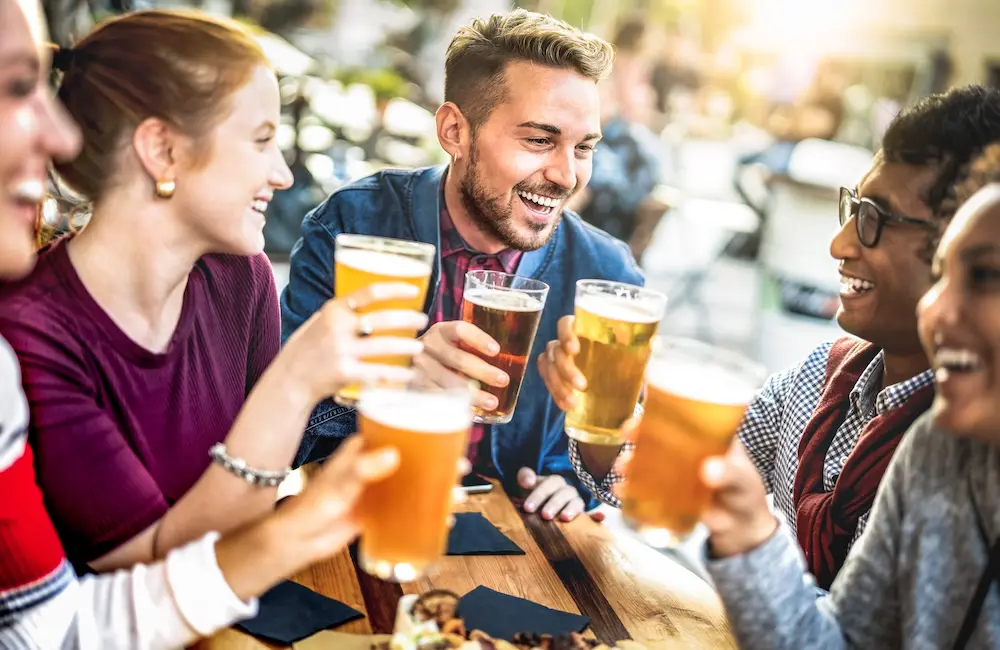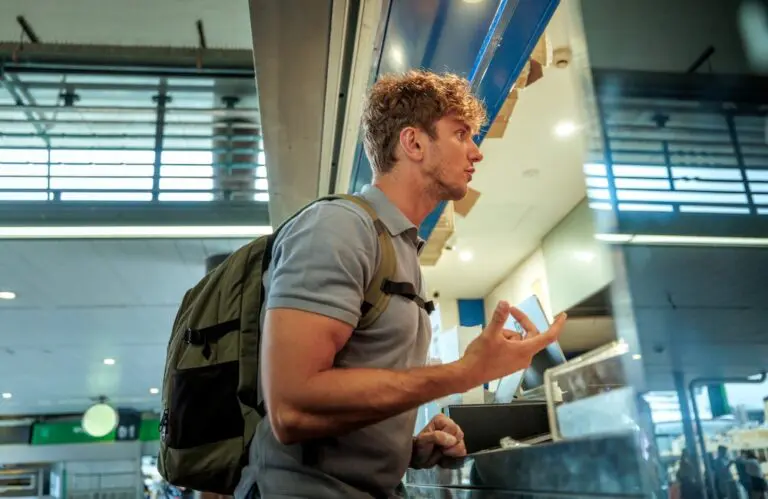When it comes to exploring Britain, Australians are like friends who show up to your party early, stay late, enjoy everything in between… and pay plenty for the privilege.
Indeed, from iconic London Town to the lesser-known sights of Scotland, Australian tourists are soaking up Britain’s best – and staying long enough to take it all in.
Simply put, “Australians are the most coveted tourists in the world,” VisitBritain chair Nick de Bois says in an interview with Karryon.
With Aussies spending almost twice the global average per visitor and staying longer, it’s clear why the UK holds them in such high regard. In fact, the Australian market now ranks as the UK’s fourth most valuable tourism source.
It helps that Australia’s connection to the UK is deeply rooted in history, culture and family ties.
But what makes travellers from Down Under unique is their desire to explore beyond the usual tourist traps.
Greater Britain
According to de Bois, around two-thirds of Aussie visitors venture outside of London, taking in the rich diversity of what Britain has to offer. So Australians are great at dispersing tourism beyond the capital, a stated goal of VisitBritain.
“I think if you look at what seems to attract Australians and what they’re interested in doing, it would be very hard for me to pin down one area because they do travel so well,” de Bois says.
“For example, they’re big users of our rail network, which just gets them around the country, doing different things.
“You will find them in Manchester; you will find them in Edinburgh; you will find them in Liverpool. And of course, within those cities, an awful lot is going on.”
Whether it’s the majestic cliffs of Northumberland, the serene landscapes of the Lake District or a 1,408km walk around Wales, a lot is going on outside of the big cities too.
“I think what Australians like about the UK is this wonderful statistic… wherever you stand in the UK or Britain, you are never more than 75 miles from a coastline.” And Aussies love a good beach.

But they love good food as well, and are now appreciating a once-overlooked aspect of UK tourism: British cuisine.
While Australia has its own rich food culture, the culinary scene in Britain has Michelin-starred restaurants in regions like Cumbria and the Lake District, offering travellers a taste of British excellence alongside breathtaking views.
De Bois even highlights Britain’s wines – another growing drawcard among visitors.
“If you go into Sussex, I think they’ve got a visitor economy based around wine, through wine tours and so forth… things that you would not historically have associated with Britain.”
Future-proofing

The UK is also actively championing sustainability through various initiatives. From green Michelin-ranked eateries to the Good Journey Guide, which encourages visitors to explore Britain without a car, sustainable travel options are growing.
Australians are some of the most sustainable travellers too, Nick notes, with Aussies’ extended stays tending to have a lower environmental impact compared to multiple shorter trips.
Beyond green initiatives, accessibility is another area where Britain is making strides. The goal? To become the most accessible tourism destination in Europe, the VisitBritain Chair says.
With new investments and renovations, like the £18 million spent on making Norwich Castle one of the most accessible historical sites, Britain is well on its way to achieving that objective.
Tourism targets

Such bold thinking underpins VisitBritain’s big tourism targets. One aim is to generate £2 billion from the Australian market by 2026.
“I think… it would only be through a lack of ambition that we don’t reach those sorts of numbers. And I see no reason why we can’t,” de Bois states.
“We have returned in 2024 to pre-pandemic levels. We’re just a stretch away. Then, given that we’re at 1.7 billion [pounds] already, it’s not such a huge stretch to get to 2 billion.”
However, it’s not just about hitting financial milestones; it’s also about fostering long-term relationships between Britain and its Australian visitors. In other words, to ensure Aussies have meaningful, memorable experiences that make them want to return.
Good governance
According to de Bois, the new UK government is also well and truly on board with VisitBritain’s ambitious targets.
“I think in many ways, we’re probably more aligned with government than ever before,” he tells Karryon.
“And I say that because this government is entirely focused on growth, which was a feature at the heart of the general election campaign.
“I think because they’ve appointed a Minister of State for tourism… that’s a very good sign that the government recognises the power of the visitor economy. And let’s be blunt… 9% of GDP, you’re starting to be up there with what the UK is generally known for, like engineering, aerospace and so forth.
“We have something like 200,000… small to medium businesses working in tourism. We employ about 2 million people. It’s a huge sector.”

And on the other side of the coin are the Australian travel professionals responsible for making holidays happen.
In a world where travel can technically be booked with the tap (or several) of a button, the role of travel agents still holds immense value – especially in Australia, says de Bois.
In fact, the Briton believes the role of the travel agent is more important Down Under than anywhere else in the world.
“Everyone will see the ‘Starring Great Britain’ campaign. But the work that we’re doing with the trade, I think, is crucial,” he explains.
According to de Bois, VisitBritain invests heavily in partnerships with the travel trade, such as working with travel consortia like Helloworld to train agents on UK products.
This “silent work behind the scenes” ensures that Australian travellers are well-informed about the UK’s diverse offerings, from the traditional landmarks to more unique, off-the-beaten-path experiences. And with Australians looking for more of those, that’s never been more important.
For more on VisitBritain, click here.






